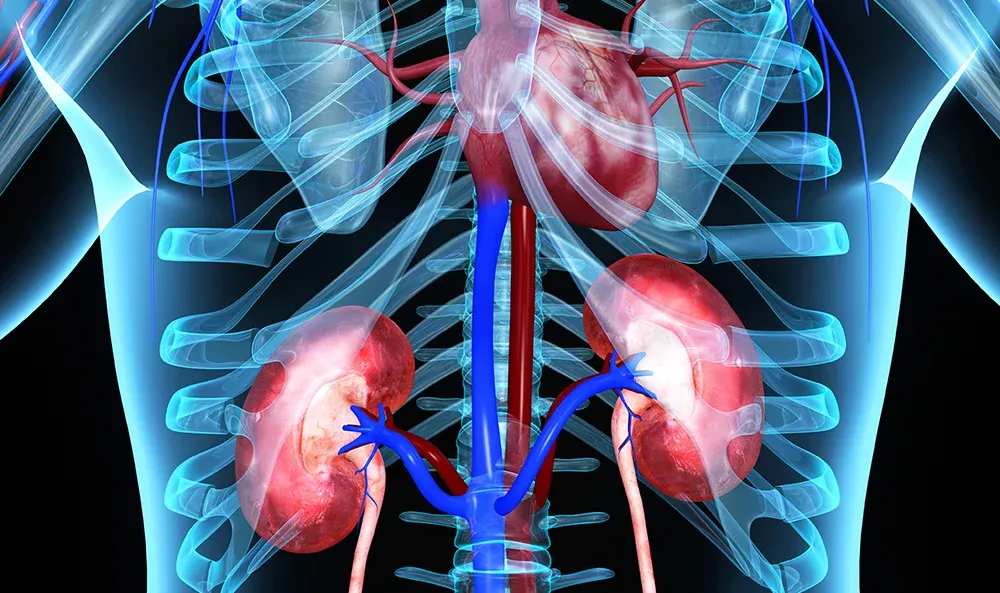In popular culture, dads are stoic, sensitive and strong. So powerful is the mystique of the happy dad that celebrities, joke books -- even hard seltzers -- carry the label.
Real life is different. Fathers may get depressed, sometimes debilitatingly so. And as new research from Rutgers Health reveals, when paternal depression goes undiagnosed or unaddressed, the negative social and behavioral effects on children can persist for years.
In a study published in the American Journal of Preventive Medicine, Kristine Schmitz, an assistant professor of pediatrics at Rutgers Robert Wood Johnson Medical School (RWJMS), together with other researchers from RWJMS and from Princeton and Rider universities, reports that children exposed to paternal depression when entering kindergarten are far more likely to have teacher-reported behavioral difficulties and poor social skills at age 9.
"We need to consider depression in both parents, not just mothers," said Schmitz. "Depression is treatable, and to support the whole family, pediatricians must start talking with dads about it and developing father-focused interventions that meet their needs."
On average, between 8% and 13% of fathers in the United States will be affected by some form of depression during their child's early years, and the prevalence increases to 50% when the mother is also experiencing postpartum depression. But few studies have focused on paternal depression beyond the postnatal period or explored links between fathers' mental health and children's behaviors.
While paternal depression is connected to challenging child behaviors, there is reason for hope. Identifying and intervening early can help improve not only fathers' well-being but also the well-being of the children, Schmitz said.
Know more: https://www.sciencedaily.com/releases/2025/04/2504...




















